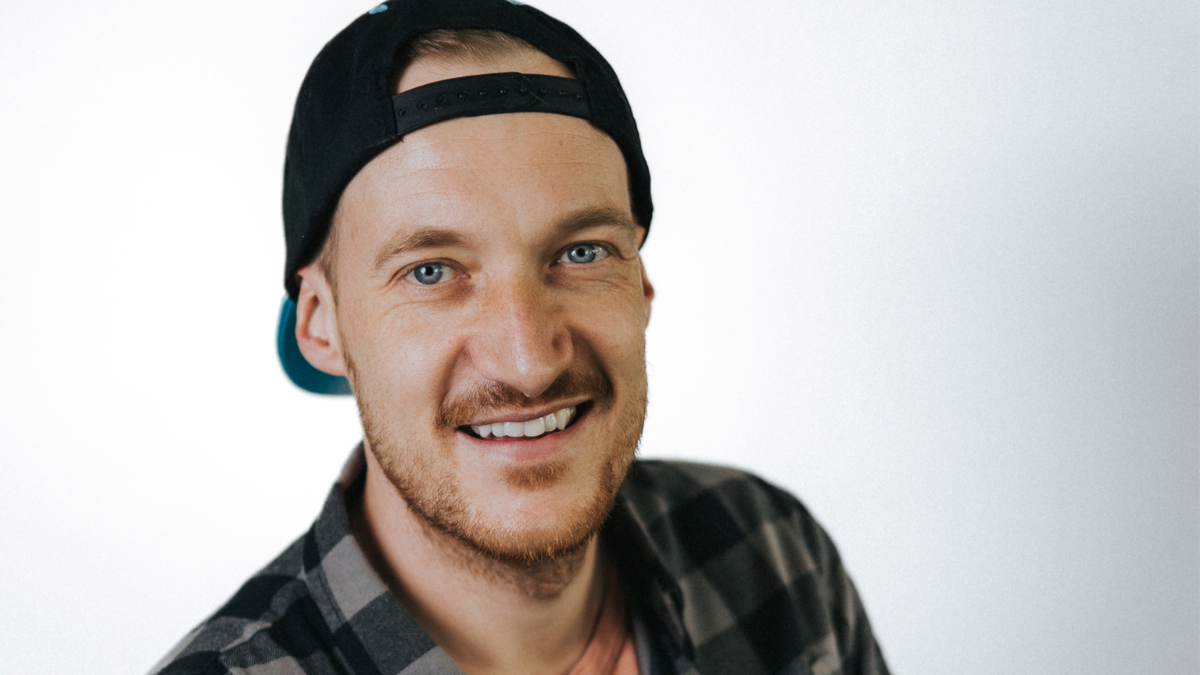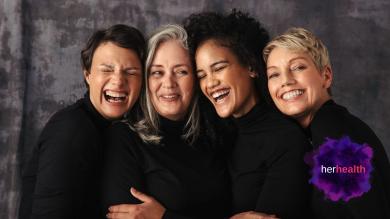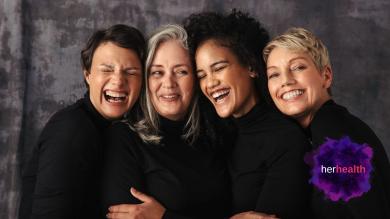
Gynecology: Gynecologist clears up myths
Whether in the practice or on social media: Dr. Konstantin Wagner experiences every day how many questions and uncertainties women have about their health. In this interview, he talks openly about the challenges posed by myths in gynecology and why comprehensible information is so important - not just for individual patients, but for all women.
Which myths do women encounter most frequently in gynecology?
There are a whole host of myths that repeatedly unsettle women. These often relate to hormones, contraception, and pregnancy, areas in which many misconceptions circulate.
Such myths can lead to women either being unnecessarily afraid or making the wrong decisions. It is important to me to address these misconceptions, explain them in an understandable way and thus provide more security.
How do you make specialist knowledge understandable for laypeople?
In my practice, I only have a few minutes per patient, so I use social media to have more time for explanations.
I try to break down complex topics simply without diluting the content - with humor, understandable explanations and clear examples. Whether on Instagram, YouTube or via my podcast - I want every woman to be able to access and understand this information.
If you would like to know how to better manage the symptoms of menopause, read this article: Helpful tips for a more relaxed menopause
How important is social media for women's health?
Social media is an opportunity for women's health, but it also harbors some risks. There is a lot of nonsense and misinformation on social media.
At the same time, platforms such as YouTube or Instagram offer the opportunity to pass on evidence-based information directly to many women. I think it's good when platforms like YouTube verify doctors - it builds trust. Unfortunately, this is still lacking on other networks.
Which topic is particularly close to your heart?
One topic that is particularly important to me is early childhood education. Children should learn from the outset to understand their bodies and develop a healthy relationship with childhood sexuality and boundaries.
Unfortunately, this is often taboo and only discussed at a very late stage. It is crucial to start early with age-appropriate information - without taboos, without fear. Education is prevention of sexualized violence.
How can women recognize myths and scaremongering?
By remaining critical. If a piece of information sounds strange, ask about the source!
Does it come from a doctor, a study, or TikTok? It's worth paying attention to trustworthy channels, not believing everything blindly, and asking your own doctor if in doubt.
What should companies know about women's health?
Companies should be aware that women go through many complex phases that affect their bodies, their mental health, and therefore also their careers. Ignoring this leads to frustration and dissatisfaction for everyone. Whether it's the desire to have children, PMS, pregnancy, and especially the onset of menopause, which can be very stressful and even life-limiting.
If employers show understanding, promote education and create appropriate structures, this not only relieves the burden on the women concerned, but also improves the working environment as a whole.
Read about what employers can offer female employees going through menopause: How employers can support women going through menopause











